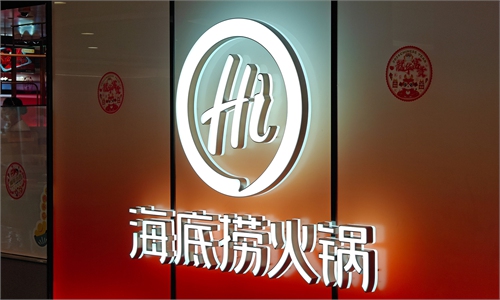Shanghai restaurant under investigation for making desserts with sterilized elephant feces

A dessert made from elephant droppings Photo: Screenshot from media outlets
A Shanghai ecological fusion cuisine restaurant charging nearly 4,000 yuan ($547) per person is under investigation by market regulators for suspected violations of China’s food safety law, after reports emerged that it used sterilized elephant feces as a dessert ingredient.
The restaurant markets itself with a “primitive rainforest experience,” requiring advance reservations and offering only one 12-seat table each night. According to the Paper, the set menu costs 3,888 yuan per person, not including beverages.
Various dishes are delivered through sliding table panels. Among its ecological cuisine, one dessert is reportedly made from elephant droppings that have been disinfected, dried and crushed, according to the news report.
Staff claimed the restaurant's two founders - one from the Blang ethnic group in China, and the other a Frenchman - conducted seven years of research in the rainforests in Southwest China’s Yunnan Province.
The nearly 4,000 yuan price tag for ingredients including elephant excrement has sparked public outrage, with comments like "Food safety shouldn't be sacrificed for novelty stunts.”
On April 11, the restaurant was officially investigated by market regulators for violating China’s food safety law, according to media reports.
During on-site inspections, authorities found food ingredients including bamboo worms, ants, and elephant feces, all now sealed for investigation. The restaurant has suspended operations.
According to legal experts cited by Jimu News, elephant feces have not been included in the national food raw material catalog, and due to their nature as animal excreta, they inherently pose potential pollution risks. Even after disinfection treatment, they can only be used after being recognized as ingredients through due legal procedures.
Global Times



